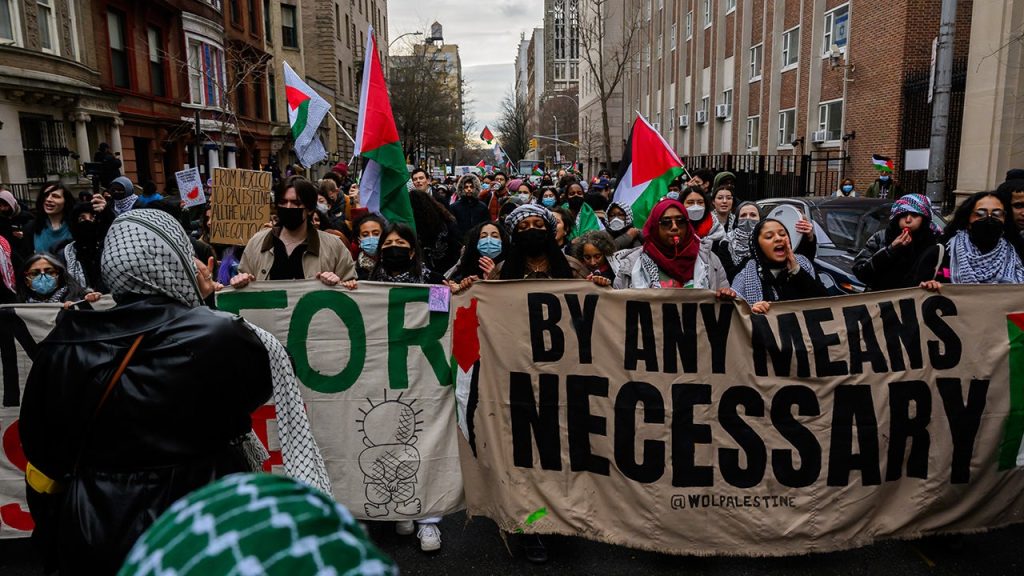In recent days, several college presidents have taken a stronger stance against anti-Israel protests on campus, with schools such as Pomona College, the University of Michigan, and Vanderbilt University expelling, warning, or suspending students for participating in disruptive demonstrations. These protests, viewed as antisemitic, have led to arrests and confrontations with school administrators, leaving both students and Jewish communities feeling unsafe on campuses across the country. The increase in antisemitic incidents on campuses has prompted calls for action from school leaders, with some students even filing lawsuits against schools for allegedly not adequately addressing the issue.
Last year, the issue of antisemitism on college campuses came under scrutiny when the presidents of Harvard, the University of Pennsylvania, and MIT were grilled by Congress on their handling of antisemitic incidents. The subsequent resignations of Harvard and Penn’s presidents sparked condemnation from Jewish communities, alumni, and students nationwide. In response to growing concerns, more college leaders are now implementing stricter policies against anti-Israel protesters who disrupt campus activities with slogans promoting violence. Schools like the University of Michigan and Vanderbilt University have introduced new penalties for students who interfere with lawful speech or activities on campus.
Columbia University recently suspended students involved in an event that featured speakers with ties to terrorist organizations. The school’s president condemned the event, stating that it violated the university’s values and policies. As colleges across the country grapple with how to address antisemitism and disruptive protests on campus, some schools are taking a tougher stance by imposing sanctions on students who engage in such behavior. Even as some colleges crack down on protests, others continue to face chaotic demonstrations, such as the recent town hall at Rutgers University, which required police intervention to ensure the safety of Jewish students and school officials.
The ousters of presidents at Penn and Harvard have prompted other schools to also tighten their rules on protests. Times Higher Education reported that American University, Barnard College, and the University of Massachusetts Amherst have all implemented stricter policies to restrict protests on campus. Still, the issue of antisemitism and disruptive protests persists, with Jewish students feeling increasingly vulnerable on college campuses. The ongoing tensions surrounding the Israeli-Palestinian conflict have put pressure on college leaders to address the issue and protect the safety and well-being of all students on campus. As protests continue to escalate, colleges face the challenge of maintaining a balance between upholding free speech rights and ensuring a safe and inclusive learning environment for all students.















